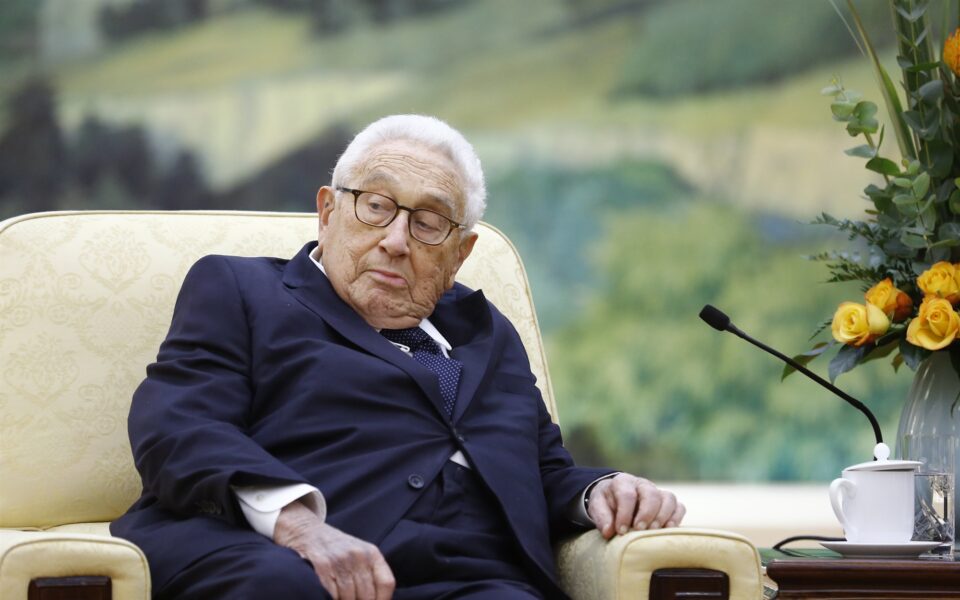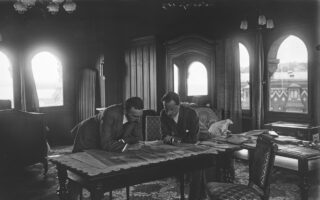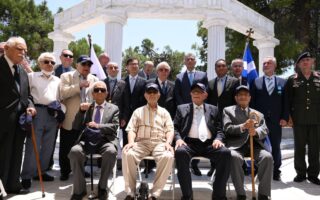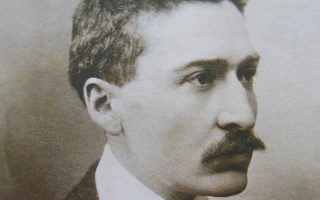Munger, Kissinger and the American Century

Two centenarians who died on consecutive days last week personify the American Century. Charlie Munger, born in the US heartland of Nebraska, became a billionaire as part of a supremely successful investment partnership; Henry Kissinger, a German-Jewish refugee, came to dominate the superpower’s foreign policy, playing a crucial role in the Cold War, remaining a reference point in global diplomacy until the end. Both used their intelligence and a sharp eye for opportunity to contribute to America’s collective power and to leverage it to their benefit. Munger invested wisely in promising companies that could be bought at a fair price. Kissinger went from student to professor at Harvard before becoming foreign policy adviser for a presidential candidate (Richard Nixon) who went on to win the election. He dominated foreign policy, at one time holding both the positions of secretary of state and national security adviser. He was instrumental in negotiating an end to the Vietnam War and in the US-China rapprochement that isolated the Soviet Union, but also accused of crimes (as in Cambodia, Latin America and Cyprus).
Both Munger and Kissinger were products of American power at its apogee. From very different backgrounds, both served in World War II, both were able to avail themselves of opportunities for education and further advancement that their country offered. Munger, who went on to excel in the arts of peace (joining Warren Buffett at Berkshire Hathaway, a conglomerate valued at over 500 billion dollars), enlisted in the Army Air Corps after Pearl Harbor but did not see action abroad. Kissinger returned to his native Germany as a soldier.
What does not change, though, and which applies to all countries, is that a country’s power and its citizens’ prosperity are tied together
Helping to root out members of the Gestapo must have given him deep insight into the strength of the superpower to which he now belonged. Munger (who would have been 100 on January 1) was known for comments that were both witty and wise. “Almost everybody that has an unusually good result has three things: They’re very intelligent, they worked very hard, and they were very lucky,” he once said. His advice was to start early and keep trying, until luck smiled. However, his life and Kissinger’s show that when you are the citizen of a country that provides opportunities – to people born there and to immigrants – luck may appear early. Then it is up to the people themselves to work for their success.
This is a lesson for all countries. The world has changed radically in the 100 years that Munger and Kissinger lived through, but what remains is that people with talent and an appetite for work find opportunity to succeed. Inequality between citizens and between nations is causing many problems.
Perhaps the road ahead does not seem as easy for young people to succeed today as it did for Americans at the time of their country’s omnipotence. What does not change, though, and which applies to all countries, is that a country’s power and its citizens’ prosperity are tied together. The spirit of entrepreneurship, which is the engine of America, depends on private investment and individual talent. This creates a strong economy, on which military and diplomatic power depend. The countries that support their citizens in the cultivation of their talents, in their search for personal and collective prosperity, are already a step ahead of others in the fight for survival in the turbulent century that we are living in.





